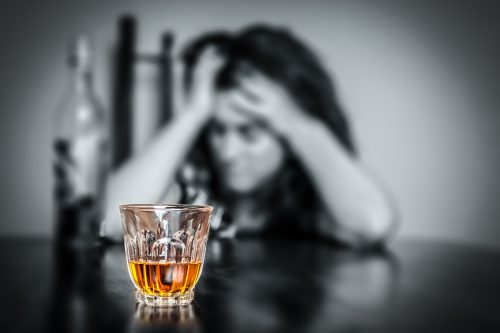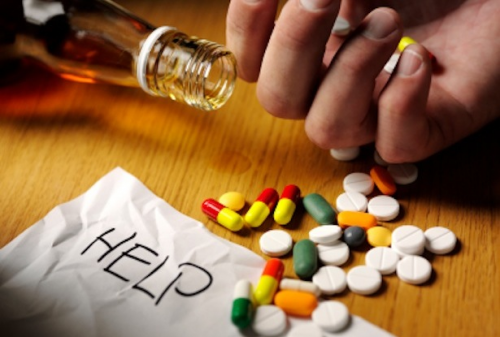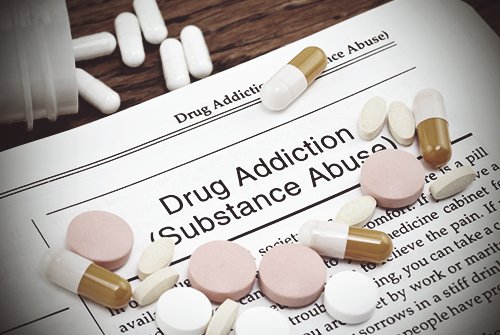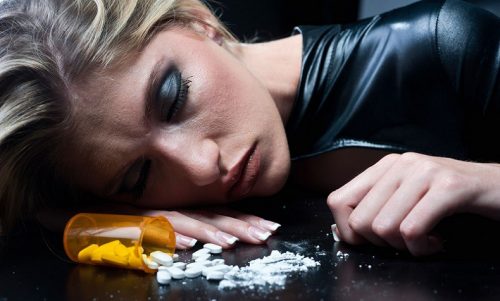If there is one thing that you need to know when it comes to quitting a particular addiction such a smoking, it is the fact that relapse is possible. Take note that relapse can happy to anyone at anytime. According to experts, there are several factors that affect the occurrence of a relapse. As such, it is imperative on your part to quit blaming yourself when something goes wrong in the process of quitting from your bad habit of smoking.
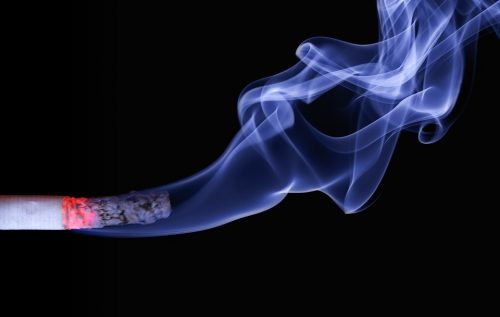
First of all, you need to understand the scientific conclusion that wanting to smoke on a regular basis or resorting to smoking cigarettes during sad moments is classified as addiction. This means that your body craves for the cigars involuntarily. As Marjie L. Roddick, MA, NCC, LMHC explains it, “Many people use smoking as a coping tool. Unfortunately, this method of coping can lead to a number of physical health problems, including heart disease and cancer, and can increase one’s chances of premature death.” No matter how much you make an effort to control your cravings, there will always come a time when you would give in despite the fact of making process with your therapist. Because of all these, it is crucial for you to learn the various ways on how you can handle relapse after an attack.
Here are some of the important things that you need to remember if you want to be an expert in dealing with relapse from smoking addiction:
Remember Why You Quit

The first thing that you must do is to remind yourself the primary reasons why you decided to quit smoking in the first place. Did you stop smoking because of a loved one? Did you decide to quit this bad habit because of a health reason? Whatever it is, make sure to remember it so that you can realize how far you’ve come from the first day of quitting up to the present time.
Talk To A Friend
“Why talk about your problems including mental health challenges? Just talking about your situation to someone can reduce your stress and help you feel better.” Dr. Aaron Kaplan, PsyD, Clinical Psychologist said. Whenever you feel the need to smoke again, do not easily give in and instead, find a way to talk to a person whom you can trust. Do not waste all the days that you have successfully stopped from having cigars as part of your lifestyle. What is essential is for you to talk things through with a friend. Allow this person provide you with more reasons why you must not give in to the relapse.
Get Professional Help
There are days when the struggle to resist relapse can be difficult to handle during these times, the right thing to do is to give yourself a chance to seek professional help. Find a therapist who can help you deal with this matter. Ask for recommendations from friends if you are not sure with the person to contact. Seek help because many people out there are willing to help you. In Dr. Nikki Martinez, Psy.D. blog, she says, “If you are struggling with low self-esteem, it is encouraged that you seek some type of help and support to work through this issue, and to help you be the best version of yourself that you can be.”

Relapse is just one of the hundreds of issues that you may encounter in your life right after you decided to quit smoking. You must be strong enough to resist it so that all your efforts will not go into waste. Take the process of getting rid of your addiction in your own pace. Do not rush the process to ensure that you will not keep on coming back to square one. Keep moving because you deserve to achieve a healthier and happier you.

